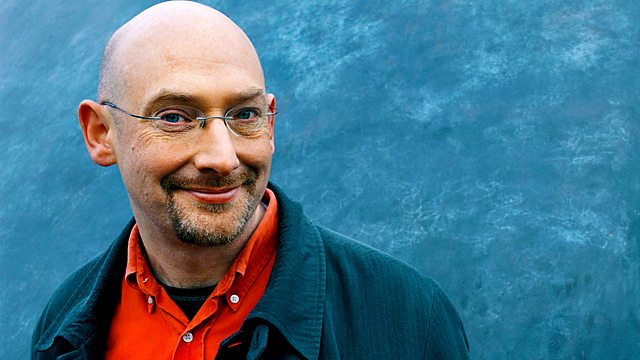05/01/2012
Quentin Cooper asks if the world will end when the ancient Mayan calendar runs out in 2012 and if not, why not, and why do some people make apocalyptic predictions?
The ancient Mayans had two calendars; the solar calendar of the agricultural year and a lunar calendar on which they based their religious festivals. The two don't coincide very often. The longest cycle they considered lasts 5 125 years and completes a cycle on 21st December 2012 at the midwinter solstice. That has given rise to predictions that this is when the world will end - something not stated in the Mayan texts. It was also the basis for the Hollywood epic "2012" with earthquakes, tsunamis, volcanic eruptions and all the special effects of modern film making.
So how might the world actually end? Could geological or cosmic catastrophe take place this year, and if not, how do we know? But this is not just about geology and astronomy. It's also about human psychology. Why do predictions of an apocalypse continue? What drives those who invent them, and their followers who sometimes have such strong beliefs that they commit mass suicide?
And will the world end eventually, and if so, how and when? Quentin Cooper investigates the end of the world with the help of astronomers, psychologists and anthropologists.
Producer: Martin Redfern.


